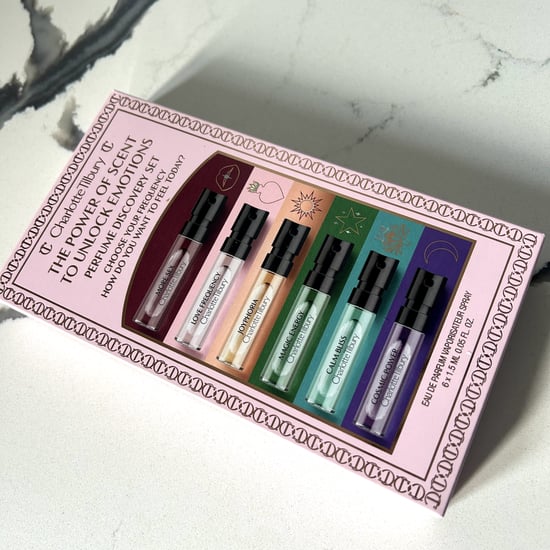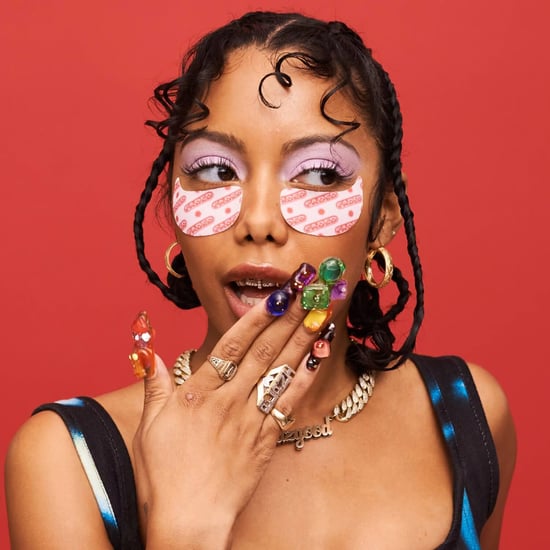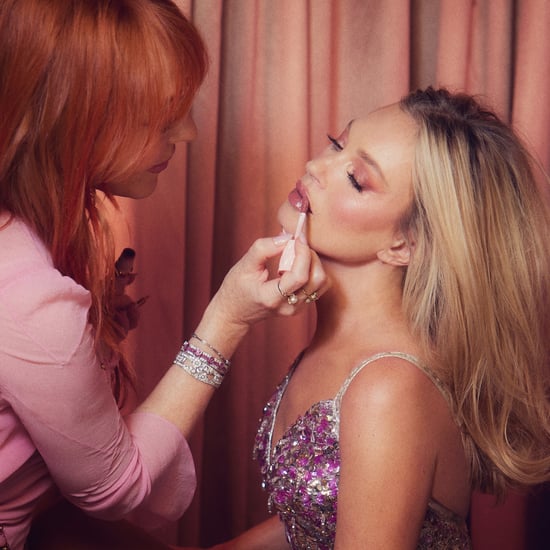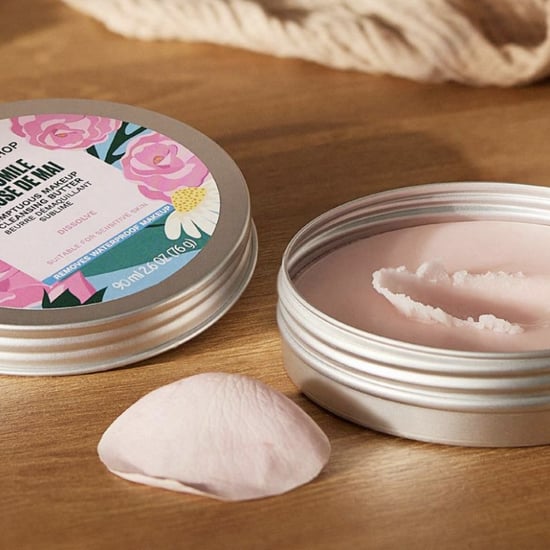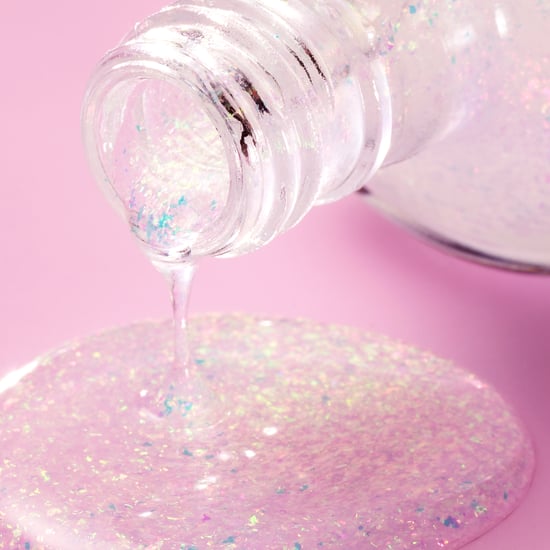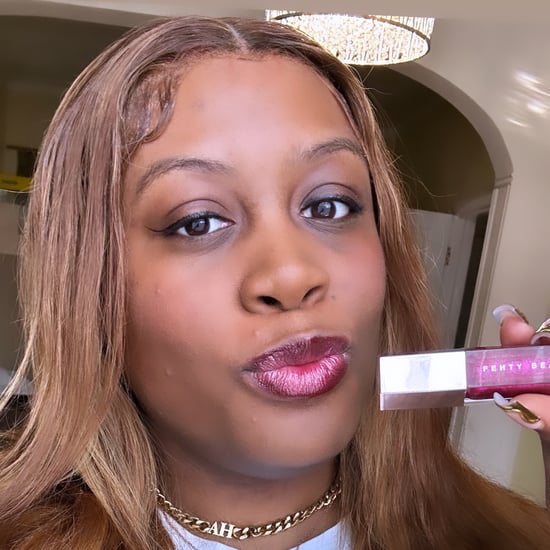Ozohu Adoh on Quitting her Job and Starting a Beauty Brand
Why This Beauty Founder Quit Her Job in Finance to Run a High-End Skin-Care Brand
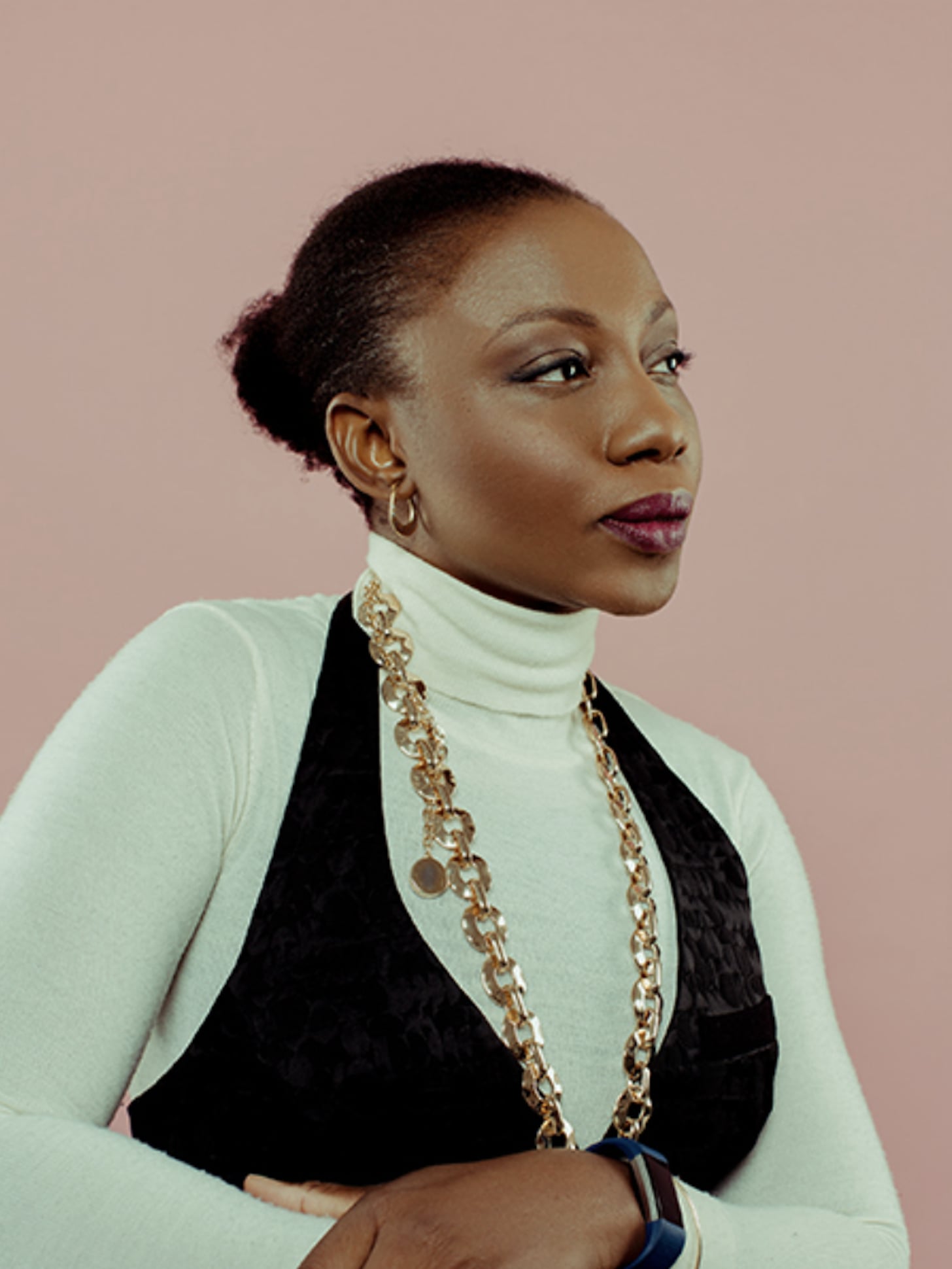
Too often, the best beauty stories go Untold, solely based on a person's skin colour, religion, gender expression, disability, or socioeconomic status. Here, we're passing the mic to some of the most ambitious and talented voices in the industry so they can share, in their own words, the remarkable story of how they came to be — and how they're using beauty to change the world for the better. Up next: Ozohu Adoh the founder of clean skin-care brand, Epara.
I don't have a background in beauty, and I was doing well at my previous job working in strategy and finance, but I quit everything to create my skin-care brand. I was coming from the point of view of a consumer. It wasn't something I did to make money; I did it from a place of personal need.
I wasn't seeing a lot of representation. It's not only in the marketing — it's not just about slapping a woman who looks like me on your product, even though that's also a problem in the industry. The bigger problem was that the products themselves weren't taking into consideration some of the particular needs women of colour have. This is very relevant with things like hyperpigmentation.
Usually the way that brands address hyperpigmentation involves bleaching and lightening people's skin, and I thought that was problematic. I don't want to be changing the colour of my skin; I just want to have the best version of my skin. Sometimes people conflate those two things — having "good skin" and altering your skin to look like some sort of ideal. I needed to address that point.
The reason I even thought about creating a brand in the first place is because I was personally experiencing issues with my skin, and it was very hard for the dermatologists I was seeing at the time to diagnose what was wrong. That's when it dawned on me that usually when people with darker skin tones have skin problems, because they present differently, they aren't diagnosed properly. I was trying so many things — medical grade products, cosmetic grade products — and they would only give me temporary relief. It was really frustrating. I finally I decided I was going to do the research, and I started to mess around with different African botanicals to figure out what combination of ingredients actually worked for me.
I had no plan to commercialise my products until people were like, "Oh, your skin has really improved. What's going on?" I let people try it them and then they were coming back to me saying, "This stuff is really good!" That's when I got the idea to launch a brand. Since I was used to buying a certain type of skin-care product, I needed to ensure that the one I was bringing into the market had similar positioning.
I wanted to make sure that women of colour could be associated with quality, well-considered, well-presented products.
My biggest challenge was access to distribution. There are certain areas where you have gatekeepers, and if the gatekeepers don't understand what you're trying to do — if the general public sees that you're trying to create a brand for women of colour — they ask "Why do have a brand for women of colour? We all have the same skin." No, we don't. We probably all suffer from similar issues, but the way those issues present in different skin tones . . . there's a nuance to it, and we need to appreciate these nuances so that when you create a product, there's a broad range of problems you can address.
If you go into many of the corner stores in the UK, you'll see products for women of colour that don't look well-presented. I thought, as a working professional with disposable income, I wanted to invest in good products for myself. So why is it when I go to buy products for people like me, the products always look subpar? They just didn't look very nice. So I felt like we needed to change that. I wanted to make sure that women of colour could be associated with quality, well-considered, well-presented products.
People are beginning to understand the nuances in catering to a group that has been underserved for a long time. I knew there were women like myself who were willing to spend the money, and I wanted to make sure that when you find Epara in stores, you're being served and considered.
